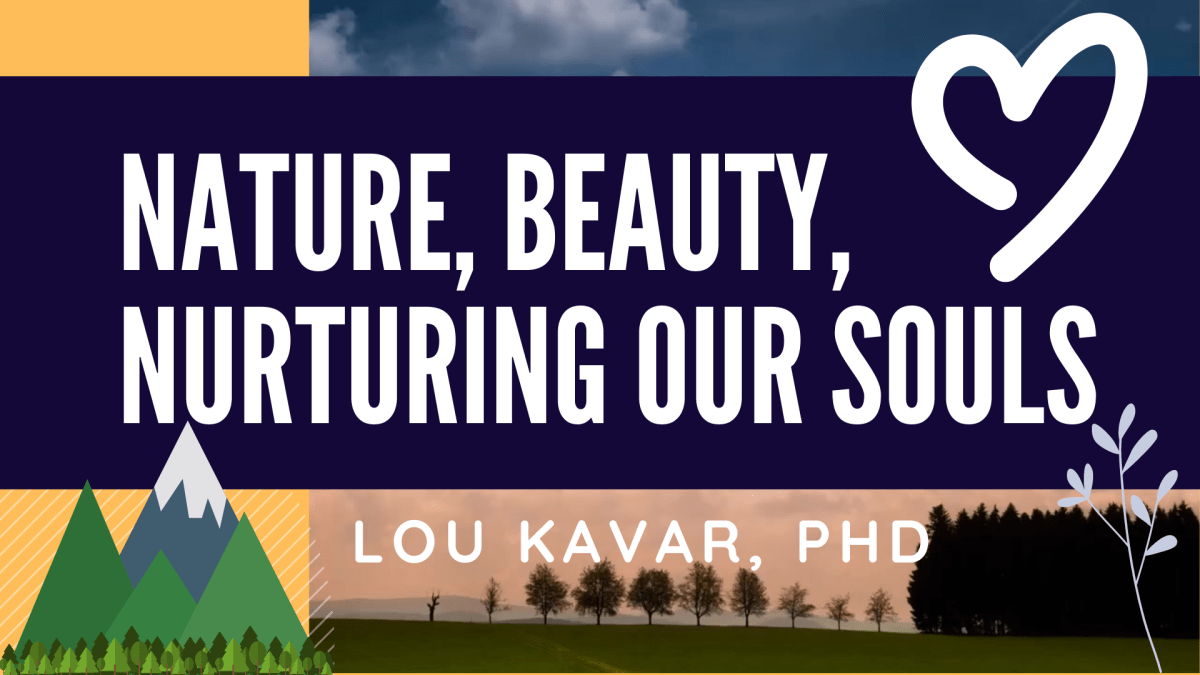The Bahá’í teachings on the interplay between nature and spirituality illuminate a profound nexus through which individuals can cultivate their souls. Central to this philosophy is the metaphor of gardens—a symbol representing beauty, growth, and the nurturing of the spirit. As we delve into the facets of the Gardens of Beauty, we uncover how engagement with nature fosters spiritual development, enrichment of the community, and personal introspection. This exploration will elucidate different dimensions of Bahá’í perspectives on nature and provide practical insights for nurturing one’s soul through the natural world.
The Symbolism of Gardens in Bahá’í Thought
Gardens are frequently referenced in the Bahá’í writings as a metaphor for the human soul and the spiritual realm. In this context, gardens symbolize a cultivated life, where virtues blossom, and the essence of human beauty is expressed. The act of nurturing a garden paralleled with nurturing the soul engenders a deeper understanding of the spiritual path. Rain, sunlight, and care are essential for a garden’s growth, echoing the divine influences and human effort required for spiritual development. This metaphor encourages individuals to actively engage in their spiritual journey, advocating for constant care, reflection, and improvement.
The Spiritual Benefits of Nature
Engagement with the natural world is not an incidental aspect of spiritual life; it is foundational. Studies have demonstrated the myriad benefits of spending time in nature—enhanced mental clarity, emotional balance, and spiritual rejuvenation. The Bahá’í teachings highlight that nature serves as a mirror reflecting divine attributes. Observing the intricate design of creation, from the minutiae of a flower petal to the vastness of a starry sky, invites contemplation of the Creator. Such reflections inspire gratitude and a sense of connection to something greater than oneself.
The act of walking through a garden, listening to the rustle of leaves, or absorbing the ambiance of a tranquil landscape can transport individuals into meditative states. The simple act of being present in nature assists in quieting the mind and spiritually attuning oneself to the divine whisperings of the universe. By fostering an appreciation for the natural cycles of growth and decay, individuals cultivate a rhythmic harmony with the universe that enhances their spiritual resilience.
Nurturing Community Through Nature
The communal aspect of gardens also underscores their importance within the Bahá’í teachings. Just as gardens flourish through collaboration and care, so do communities. Bahá’í discourse encourages communal gatherings in natural settings, where individuals can share resources, ideas, and experiences. These interactions allow members to nurture not only their souls but also the bonds of community and collective consciousness.
Creating communal gardens serves as a tangible manifestation of this principle. Such spaces foster cooperation, environmental stewardship, and the sharing of the fruits of one’s labor. The beauty of communal gardens extends beyond mere aesthetics; they epitomize the unity and diversity intrinsic to the Bahá’í community. Engaging in gardening activities collectively serves to reinforce social virtues and promotes a shared commitment to the betterment of society.
The Interconnection of Soul and Environment
The Bahá’í teachings assert that the health of the individual soul is inextricably linked to the health of the environment. The notion of stewardship is paramount, promoting a sense of responsibility towards the Earth. Environmental degradation not only adversely affects the physical plane but also impairs spiritual growth. Hence, nurturing one’s soul involves caring for the environment, ensuring that future generations inherit a world teeming with natural beauty and resources.
Practical applications of this principle manifest in sustainable practices that harmonize human activity with nature’s rhythms. Conscious efforts to incorporate eco-friendly habits, planting native flora, and advocating for ecological conservation resonate deeply with Bahá’í ethics. These actions are not merely about preservation; they reflect a commitment to enhancing the spiritual landscape of the community and planet.
Personal Reflection and Growth
For the individual, gardens serve as an ideal locus for personal reflection and spiritual growth. The act of tending to a garden—planting seeds, watering, and nurturing—can be paralleled with introspective practices. Much like gardens require attention and patience, so does the journey of the soul. Individuals can establish personal rituals within their gardens, cultivating mindfulness and awareness of their inner states and aspirations.
Each bloom of a flower can serve as a reminder of personal virtues or aspirations, with journaling or meditation being complementary practices to enhance this reflective process. Spectacular sunsets, towering trees, and the delicate balance of ecosystems stand as reminders of the beauty and fragility of life, encouraging individuals to appreciate the fleeting moments that weave together the tapestry of existence.
Conclusion: The Pathway to Spiritual Upliftment
In conclusion, the Bahá’í teachings encapsulate the profound relationship between gardens and the nurturing of the soul. By engaging with nature, communities flourish, environmental stewardship is embraced, and individuals embark on introspective journeys that enrich their spiritual lives. The garden, thus, becomes a multifaceted symbol—one that invites individuals to cultivate beauty, wisdom, and a deeper connection to the divine and each other. As followers of these teachings embrace the practice of tending both their internal gardens and the external world, they weave a vibrant narrative of spiritual fulfilment and interconnectedness that resonates with the essence of the Bahá’í philosophy.
